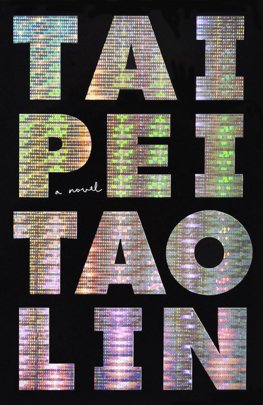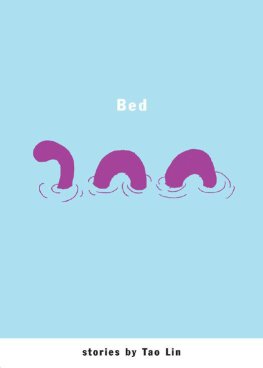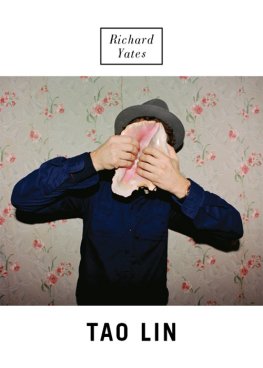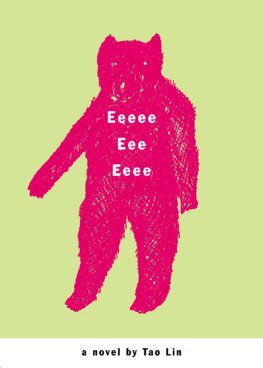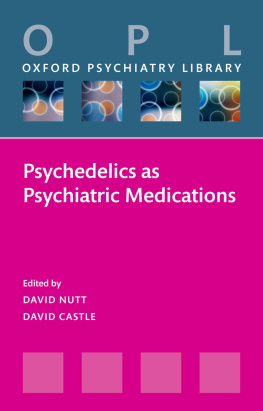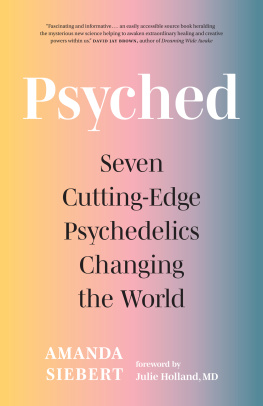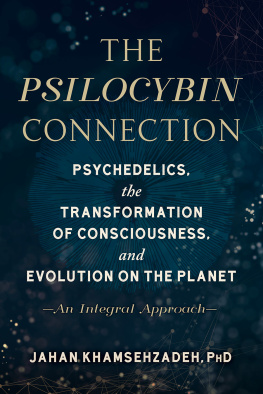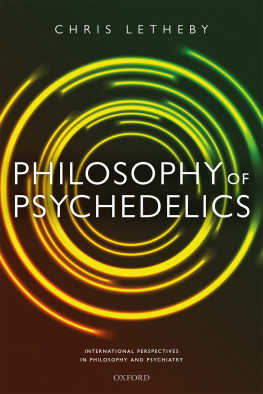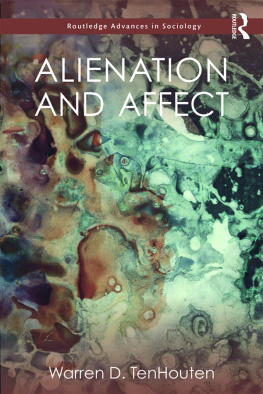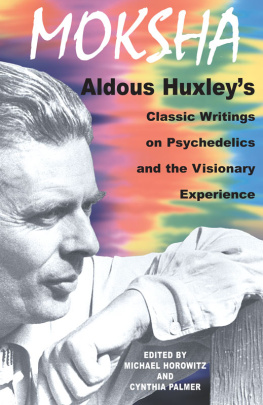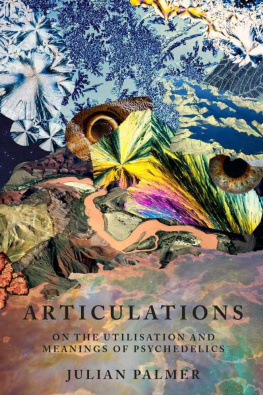Tao Lin - Trip: Psychedelics, Alienation, and Change
Here you can read online Tao Lin - Trip: Psychedelics, Alienation, and Change full text of the book (entire story) in english for free. Download pdf and epub, get meaning, cover and reviews about this ebook. year: 2018, publisher: Vintage Books, genre: Science. Description of the work, (preface) as well as reviews are available. Best literature library LitArk.com created for fans of good reading and offers a wide selection of genres:
Romance novel
Science fiction
Adventure
Detective
Science
History
Home and family
Prose
Art
Politics
Computer
Non-fiction
Religion
Business
Children
Humor
Choose a favorite category and find really read worthwhile books. Enjoy immersion in the world of imagination, feel the emotions of the characters or learn something new for yourself, make an fascinating discovery.

Trip: Psychedelics, Alienation, and Change: summary, description and annotation
We offer to read an annotation, description, summary or preface (depends on what the author of the book "Trip: Psychedelics, Alienation, and Change" wrote himself). If you haven't found the necessary information about the book — write in the comments, we will try to find it.
Trip: Psychedelics, Alienation, and Change — read online for free the complete book (whole text) full work
Below is the text of the book, divided by pages. System saving the place of the last page read, allows you to conveniently read the book "Trip: Psychedelics, Alienation, and Change" online for free, without having to search again every time where you left off. Put a bookmark, and you can go to the page where you finished reading at any time.
Font size:
Interval:
Bookmark:
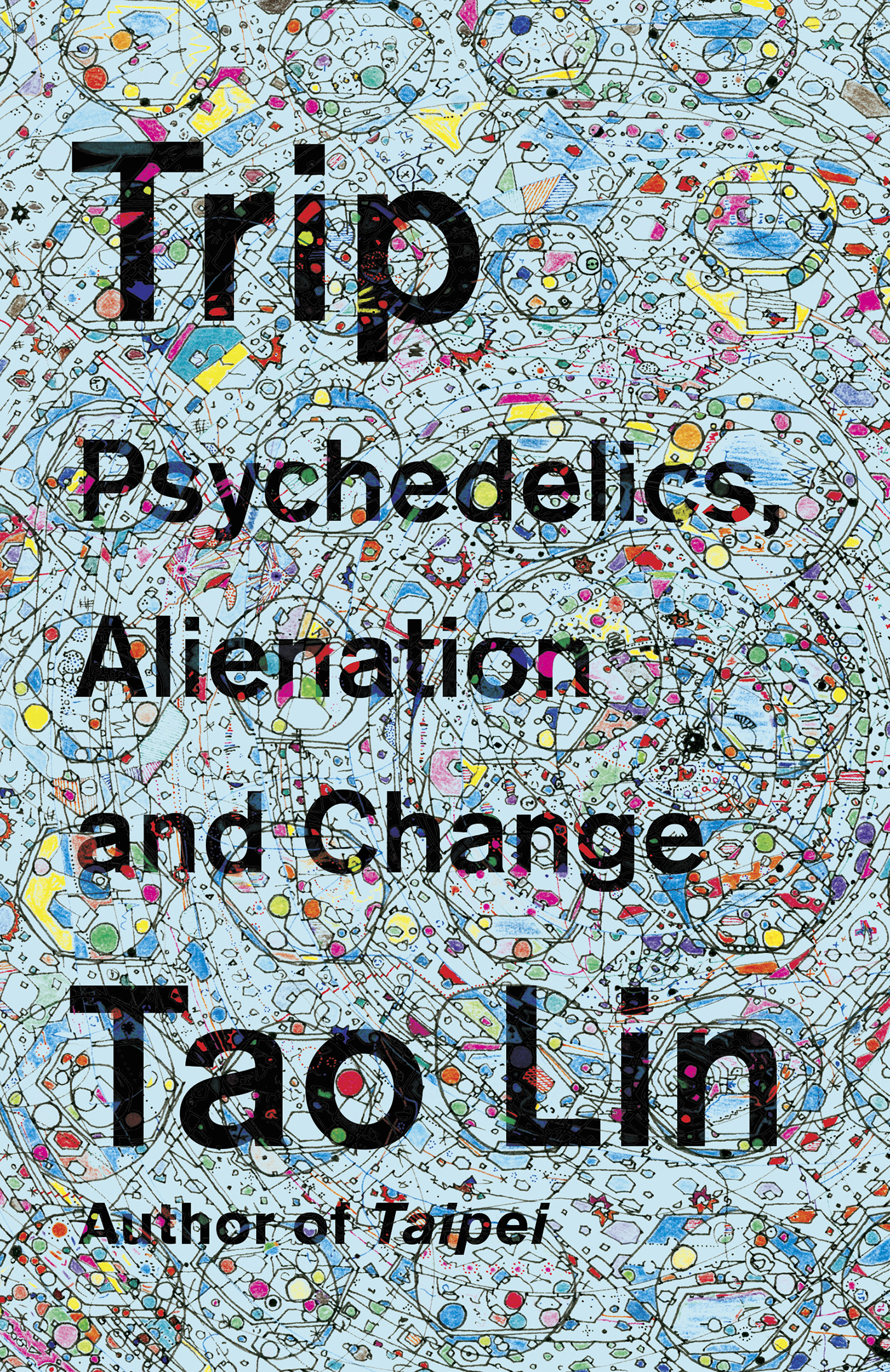
Tao Lin
TRIP
Tao Lin is the author of the novels Taipei and Richard Yates and Eeeee Eee Eeee, the novella Shoplifting from American Apparel, the story collection Bed, and the poetry collections cognitive-behavioral therapy and you are a little bit happier than i am. He was born in Virginia, has taught in Sarah Lawrence Colleges MFA program, and is the founder of Muumuu House.
ALSO BY TAO LIN
Selected Tweets
Taipei
Richard Yates
Shoplifting from American Apparel
cognitive-behavioral therapy
Eeeee Eee Eeee
Bed
you are a little bit happier than i am
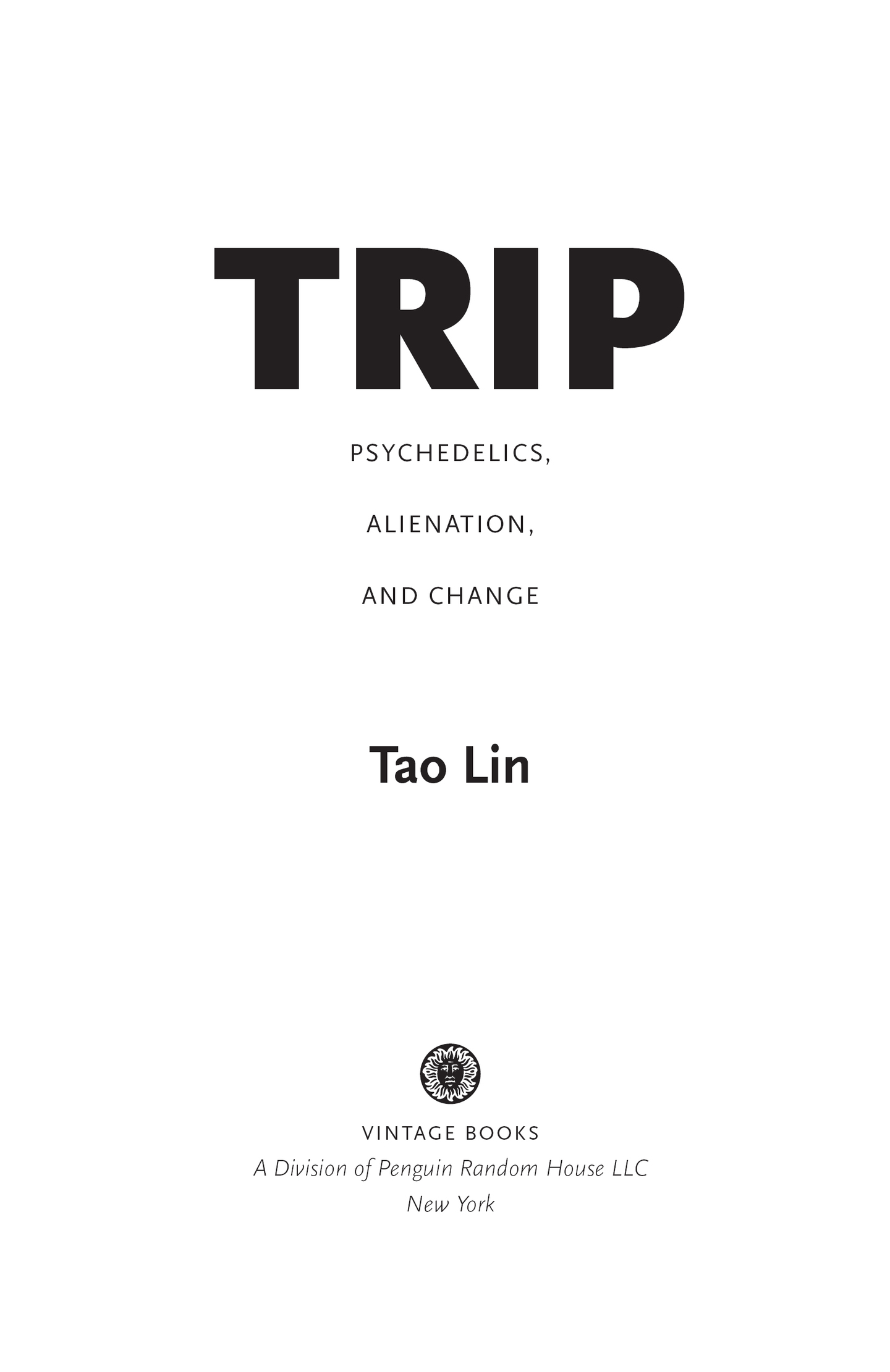
A VINTAGE ORIGINAL, MAY 2018
Copyright 2018 by Tao Lin
All rights reserved. Published in the United States by Vintage Books, a division of Penguin Random House LLC, New York, and distributed in Canada by Random House of Canada, a division of Penguin Random House Canada Limited, Toronto.
Vintage and colophon are registered trademarks of Penguin Random House LLC.
A portion of this work first appeared as Beyond Existentialism on Vice (www.vice.com) on July 8, 2014.
constitutes an extension of the copyright page.
Library of Congress Cataloging-in-Publication Data
Names: Lin, Tao, 1983 author.
Title: Trip : psychedelics, alienation, and change / Tao Lin.
Description: New York : Vintage Books, 2018. | Includes bibliographical references and index. | Identifiers: LCCN 2017041009 (print) | LCCN 2017043462 (ebook)
Subjects: | MESH : McKenna, Terence K., 19462000. | Lin, Tao, 1983 | Psychotropic Drugstherapeutic use | Plant Extractstherapeutic use | N,N-Dimethyltryptaminetherapeutic use | Psilocybintherapeutic use | Salvia | Cannabis | United States | Personal Narratives
Classification: LCC RM 315 (ebook) | LCC RM 315 (print) | NLM QV 77.2 | DDC 615.7/88dc23
LC record available at https://lccn.loc.gov/2017041009
Vintage Books Trade Paperback ISBN:9781101974513
Ebook ISBN9781101974506
Cover design by Joan Wong
Cover image Tao Lin
www.vintagebooks.com
v5.2
a
I learned of Terence McKenna (19462000) on September 14, 2012, the day after completing the main final draft of Taipei, my seventh book, third novel, and first book to include psychedelics. I was in my room, zombielike and depressed after embodying a whatever it takes attitude regarding amphetamines and other drugs and completing my novel. I had clicked a YouTube video in which Joe Rogan, whom I was vaguely aware of as the host of Fear Factor, was aggressively, excitedly talking about DMT, an illegal compound made by many species of plants and animals, including humans.
At one point Rogan began referencing someone in an if you think I sound crazy, listen to this other guy manner. He referred to Terence McKenna, a person who would smoke DMT and, within a minute, every time, find himself in an unanticipated dimension infested with self-transforming machine elves that spoke English and a kind of visible language while jumping in and out of his body, running around chirping and singing. McKenna described these things, which he also called fractal elves and jeweled self-dribbling basketballs, in a word as zany. He speculated they were dead people in an ecology of souls, humans from the future, or entities in a parallel world with their own hopes and problems.
The next week or so, alone in my room, which received no direct sunlight, I listened to McKenna make small mouth noises, as he called human speech, on YouTube for probably thirty-plus hoursincluding in a ten-hour-and-twenty-three-minute, three-day workshopwith sustained, intrigued interest. I estimate this was twenty-five to twenty-seven more hours than Id ever spent listening to an individual talk on YouTube. My unprecedented level of interest surprised me. McKenna seemed excited and delighted by topics Id just finished expressing in my novel as sources of bleakness and despair and confusiontechnology, drugs, human existence, the future.
He spoke on a myriad of what seemed gradually less like disparate interests than one purposed, interconnected, developing web of topics. He discussed consciousness, language, literature, art, memory, time, religion, dreams, octopi, math, aliens, biology, botany, shamanism, schizophrenia, psychotherapy, alienation, culture, sex, light, death, DNA, the I Ching, the internet, virtual reality, nanotechnology, artificial intelligence, family, fractals, feelings, science fiction, self-empowerment, and, at the center of it all, the impetus and sustaining force for the webs construction and elaboration, the psychedelic experience, specifically the effects of psilocybin and DMT on humans.
His model of the universe had a singularity at the enda mysterious attractor, pulling us to itinstead of at the beginning, as with the Big Bang, a theory he called the limit test for credulity because it asked one to accept the unlikeliest scenario possible, that everything appeared instantly from nothing for no reason. If you can believe that, you can believe anything, said McKenna, taking something Id encountered hundreds of timesand had always felt nothing towardand successfully representing it to me, with the energizing suddenness of an epiphany, as a comical, egregious, eerie absurdity.
At a weekend workshop in December 1994, McKenna recalled some questions hed had in 1961 as a fourteen-year-old: What are we? Where did we come from? And where are we going? His responsea reasonable one, he feltwas to check the cultural database. Surely there are answers to these questions, he thought. He found that
our best efforts are nothing more than half-completed stories told around the campfire. We dont actually know what our predicament is. We are up against a phenomenon which we can barely bring into focus in our cognitive sphere, and its the phenomenon of our own existence. What does it mean? What does it mean, first of all, to be a biological creatureto be, as an animalwhat is that?
And then what was that, embedded then in a culture with languages and aesthetic canons and cosmic theories? McKenna was unsatisfied with the conventional answers. But, beginning with The Doors of Perception (1954) by Aldous Huxley (18941963), hed also been introduced, also at age fourteen, to the whole array of consciousness-altering substancescannabis, LSD, DMT, psilocybin, mescalinethat in the past hundred years had come into the toolbox of thinking Westerners. These substances, called psychedelics, put one in the metaphysical unknown by dissolving ideological, personal, and other boundaries. McKenna explained:
All these things you might cling toCatholicism, democratic ideals, Hasidism, Marxism, Freudianismall of these things are exposed as simply quaint cultural artifacts, painted masks and rattles assembled by people of good intent but clearly not great grasp of the situation. Well, I thought that that process of deconstruction of cultural reality would end in a kind of liberation of cynicism, where you become sort of really street smart, you knownobody can put anything over on you, youve been there, youve done that. It turns out that that existential phase, which I reached at about age eighteen, is itself simply a place, along the way.
Font size:
Interval:
Bookmark:
Similar books «Trip: Psychedelics, Alienation, and Change»
Look at similar books to Trip: Psychedelics, Alienation, and Change. We have selected literature similar in name and meaning in the hope of providing readers with more options to find new, interesting, not yet read works.
Discussion, reviews of the book Trip: Psychedelics, Alienation, and Change and just readers' own opinions. Leave your comments, write what you think about the work, its meaning or the main characters. Specify what exactly you liked and what you didn't like, and why you think so.

